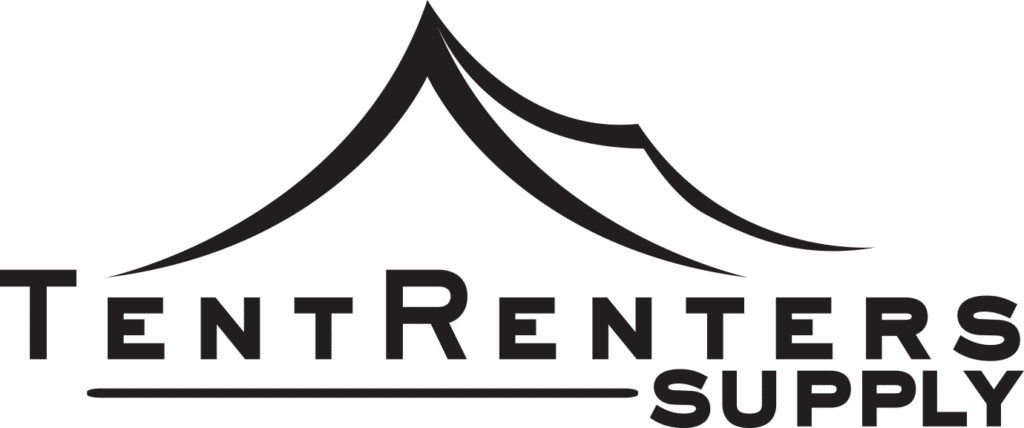Event Tents
Frequently Asked Questions: Wind Rating and Engineered Tents
As part of our upcoming 12-part Wind Loading Series, Tent Renters Supply would like to preface our special feature with a quick overview of some of the key issues we will be exploring over the next several weeks.
With evolving regulations around the United States and abroad, defining the structural integrity of tents and temporary structures have become more and more of a hot topic in the events and rental and industry.
The following is Tent Renters Supply’s guide for the 7 most frequently asked questions on wind ratings and engineered tents.
1. What is an Engineered Tent?
The term “engineered” can be used in a number of ways, but typically, it referrers to a tent whose structure has been evaluated and signed off by a Professional Engineer (PE) to meet a specific set of requirements.
Non-engineered tents in many cases have undergone typical engineering practices such as design calculations, non-destructive and destructive testing and another common analysis performed by engineering professions, however, without the PE sign-off it – is not considered “engineered.”
2. Are our Tents Engineered?
Tent Renters Supply provides both engineered and non-engineered solutions, most tents are sold without the engineering certification. Speak with your sales representative for further details about specific tents in question.
3. What is “Wind Rating?”
Generally speaking, wind rating is a measurement that determines the types of weather environments that a temporary structure can safely endure, measured by the speed of the wind in MPH. Understanding the wind rating on a tent is important for rental companies as different geographic locations with specific environmental factors can dictate what wind rating would be appropriate.
4. How are wind ratings established?
The wind rating of a tent is established typically by the use of The American Society of Engineers (ASCE) 7-10 Guidance documents.
ASCE 7-10 and its associated parts provide standard calculations which are used to establish a wind rating. The factors that influence this rating included a number of variables:
Tent Structure – The actual tent construction and material properties
Risk Classification – Based on the functional use of the tent
Anchoring Methods – How is the tent is secured to the ground
Location – Impact of surrounding buildings/structures and geographical topography
With the variables above know, a wind rating can be established.
5. What wind rating will the tent withstand?
The tent’s wind performance is based on the specific installation site and installer plan. Tent Renters Supply always recommends evacuation of the tent during Severe Weather Events, defined as wind speeds in excess of 38MPH by the national weather service.
Tent Renters Supply provides engineered documents for wind ratings at nominal or bases conditions or if requested services to provide site-specific engineering documents.
6. What are the limitations of the Engineering Documents?
The document may list a range or larger size tent that is required. For example – when putting up a 30 x 60 Frame tent, the document provides guidance for a 30 x 80 frame tent, since it is configurable to smaller sizes.
While the document will be approved by a Florida Licensed Professional Engineer, it is critical to note that any deviations made from the ASCE 7-10 parameters would invalidate the calculations and claims made.
Engineering of the structure stops at the base plate, and end users are responsible for ensuring proper anchoring is achieved.
7. What is the cost of Engineering documents?
Cost can vary based on the complexity of the situation, but in general, the following fee schedule applies:
$300 With the purchase of a top and frame
$500 With the purchase of a top
$700 Purchased after the original sale
$3000-4000 Site-specific plan; based on the complexity
At Tent Renters Supply, we consider every variable and work with our clients to ensure that their tents are suitable and safe for every event or function they serve. To learn more, call us at (800) 865-5064 or fill out a form for immediate assistance.
